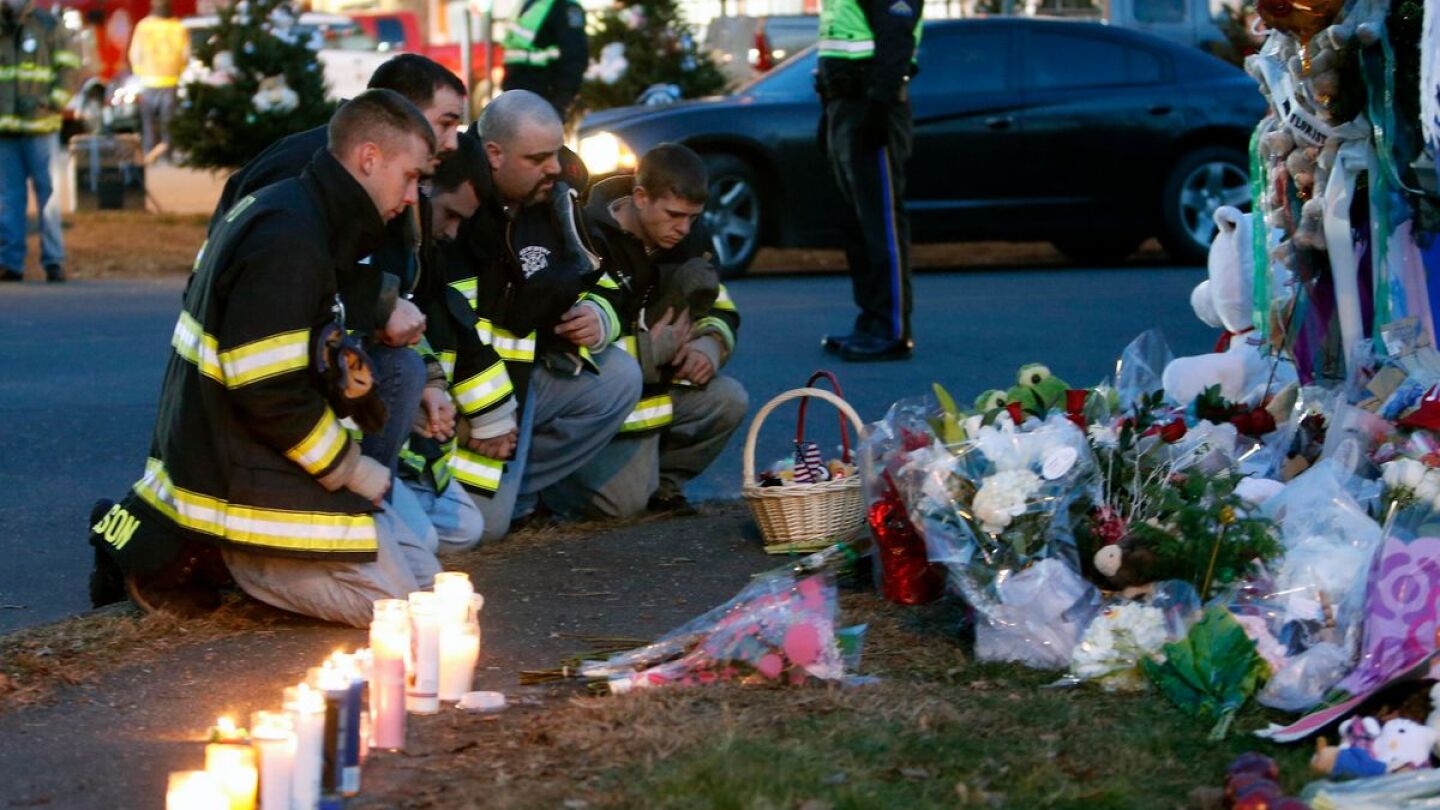Greg Friese, MS, NRP, is the Lexipol Editorial Director, leading the efforts of the editorial team on Police1, FireRescue1, Corrections1, EMS1 and Gov1. Greg has a bachelor’s degree from the University of Wisconsin-Madison and a master’s degree from the University of Idaho. He is an educator, author, paramedic and runner. Greg is a three-time Jesse H. Neal award winner, the most prestigious award in specialized journalism, and 2018 and 2020 Eddie Award winner for best Column/Blog. Ask questions or submit article ideas to Greg by emailing him at gfriese@lexipol.com and connect with him on LinkedIn.

Greg Friese, MS, NRP
From the Editorial Director











